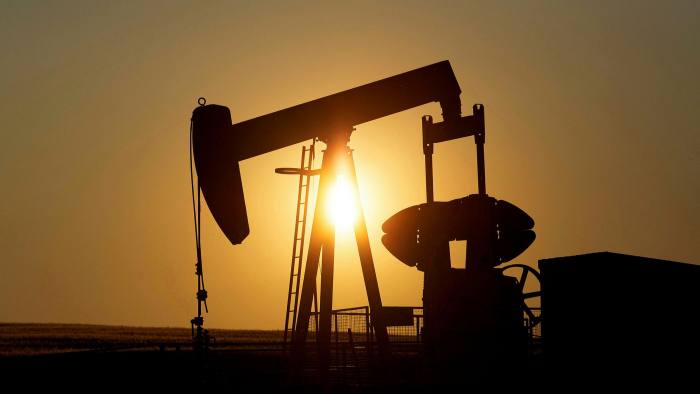US oil price goes negative for first time in its history
2 min read
Oil prices tumbled as the economic crisis set off by the coronavirus pandemic continued to destroy demand for energy, and as concerns grew that storage tanks in the United States were near capacity and unable to hold all the unused crude, NY Times said.
The bizarre movement in the market on Monday was exaggerated by a quirk in the way oil prices are set.
Traders pay varying prices depending on the grade of crude, where it comes from, and the date on which it is meant to be delivered. Normally these differences are small, and they go unnoticed outside of the energy market. But on Monday they were exacerbated by sharp swings in the price.
A benchmark for oil that will be delivered next month went negative, meaning it was essentially deemed worthless, suggesting that people who had oil to sell were willing to pay for it to be taken off their hands.
Oil that is scheduled to be delivered in June, more reflective of the market’s view on what the value of crude is right now, also fell, sliding 16 percent to about $21 a barrel.
The problem is that the United States is running out of places to store its oil.
Oil is already being stockpiled on barges out at sea, and in any nook and cranny companies can find in their storage facilities. Now, traders are worrying that even this space is running out. Under futures contracts, West Texas Intermediate — the American oil-price benchmark — is delivered to Cushing, Okla., but investors are worried that there will be no place to put it there.
“Cushing inventories continue to increase at record-high rates and are expected to hit tank tops in May,” said Hillary Stevenson, director, oil markets, at Genscape a market intelligence firm.
Broader worries also growing that the deal reached on April 12 between the Organization of the Petroleum Exporting Countries, Russia and other producers will not be sufficient to prevent the oil markets being overwhelmed with a record surge of surplus oil. With much of the world in lockdown because of the coronavirus pandemic, global demand for oil has collapsed, leading to record surpluses.







